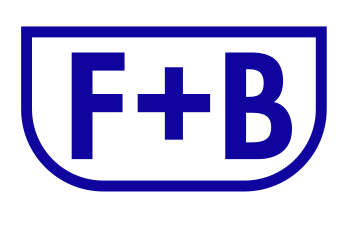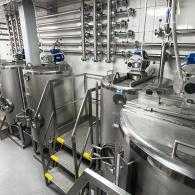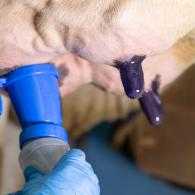One of the most impactful changes brought in by the 2015 Food Safety Modernisation Act (FSMA) was the shift of education and training from ‘non-binding' to ‘binding’1 :
- Management is required to ensure that all employees who manufacture, process, pack or hold food are qualified to perform their assigned duties.
- Such employees must have the necessary combination of education, training, and/or experience necessary to manufacture, process, pack, or hold food that is clean and safe. Individuals must receive training in the principles of food hygiene and food safety, including the importance of employee health and hygiene as appropriate to the food, the facility and the individual's assigned duties.
Even though the changes came into effect in September 2015, a 2017 survey by Food Safety Insights (cited in Food Safety Magazine2 ), found that food processors’ ”biggest concern with their sanitation programs” was employee training and compliance. Common challenges include high staff turnover, managing and executing consistent training programs across shifts, sites and states, and being able to easily document and reproduce training records as and when required.
Being obligated to provide frequent training to a factory-floor based workforce with non-standard working hours means face-to-face sessions become challenging, costly, and even disruptive. Digital advancements have accelerated the growth of eLearning solutions and could be utilized to meet the training challenge.
A 2014 survey of organizations with corporate universities, conducted by McKinsey Group3 , found “respondents expect corporate learning to change significantly within the next three years...to match the faster pace of business” creating the digital learning opportunity. Advantages being presented include:
- Cloud-based digital learning environments creating the opportunity to tailor training plans and audience size.
- Automated training improves consistency, enables faster delivery and performance measurement.
- The ability to “learn at the speed of business” as new material can be “pushed” to the workforce instead of organizing instructor-led sessions.
- Employees can develop their knowledge and skillset cost effectively.
Diversey’s e-Learning Hygiene Academy
Responding to our changing customer needs, Diversey has created the Hygiene Academy: A cloud-based e-learning environment for food and beverage manufacturing professionals.
Performance can be tracked by user, department, and site to easily monitor progress, identify skills gaps, and produce an audit trail
The online Learning Management System enables companies to deploy training courses and build learning plans by job function, department, and individual employee requirement. User performance is tracked to easily monitor progress, identify skills gaps, and produce an audit trail which meets local regulatory compliance requirements such as FDA 21 CFR Part 11.
Courses published by Diversey are available in a number of languages. They have been developed in line with industry standards while leveraging our experience of being a leader in food safety hygiene solutions and cover essential hygiene and sanitation, applications such as CIP and OPC, good manufacturing processes, allergen management and control, and food microbiology.
Contact us for further information or to set up an online product demonstration.
1 FSMA Final Rule for Preventive Controls for Human Food - Updates to the Current Good Manufacturing Practices (CGMPs). https://www.fda.gov/Food/GuidanceRegulation/FSMA/ucm334115.htm
2 https://www.foodsafetymagazine.com/magazine-archive1/octobernovember-2017/the-new-face-of-sanitation-programs-new-rules-new-challenges/
3 https://www.mckinsey.com/business-functions/organization/our-insights/learning-at-the-speed-of-business









